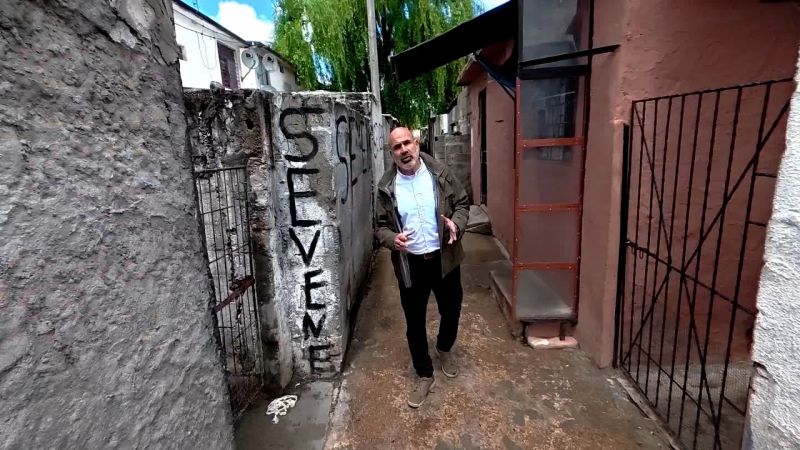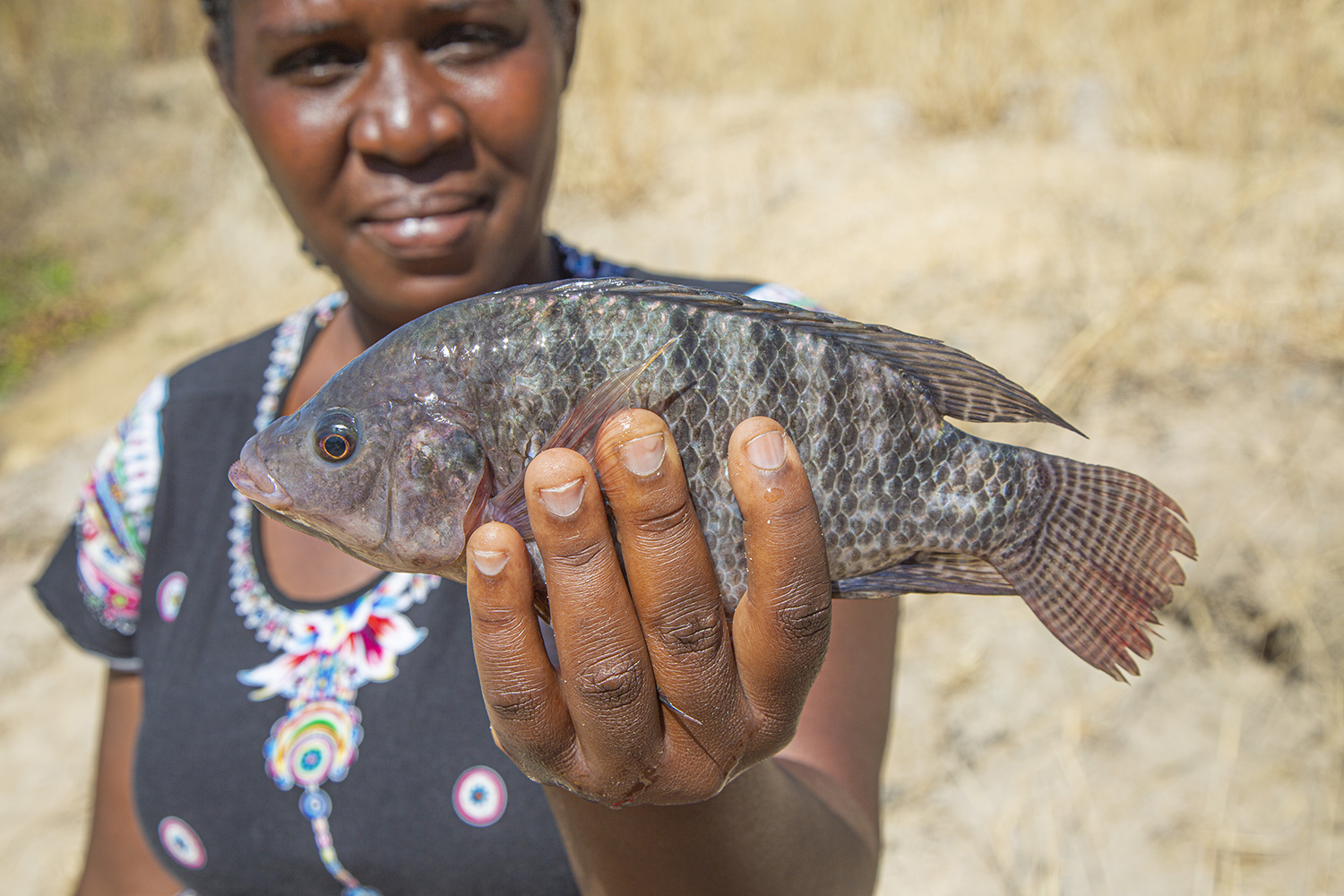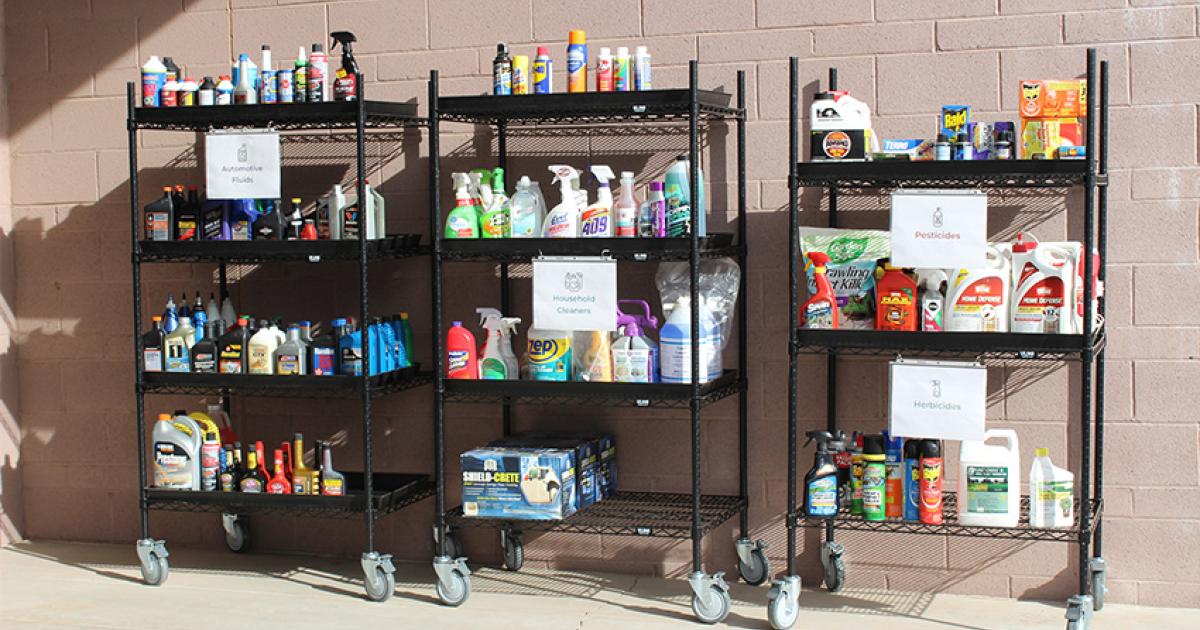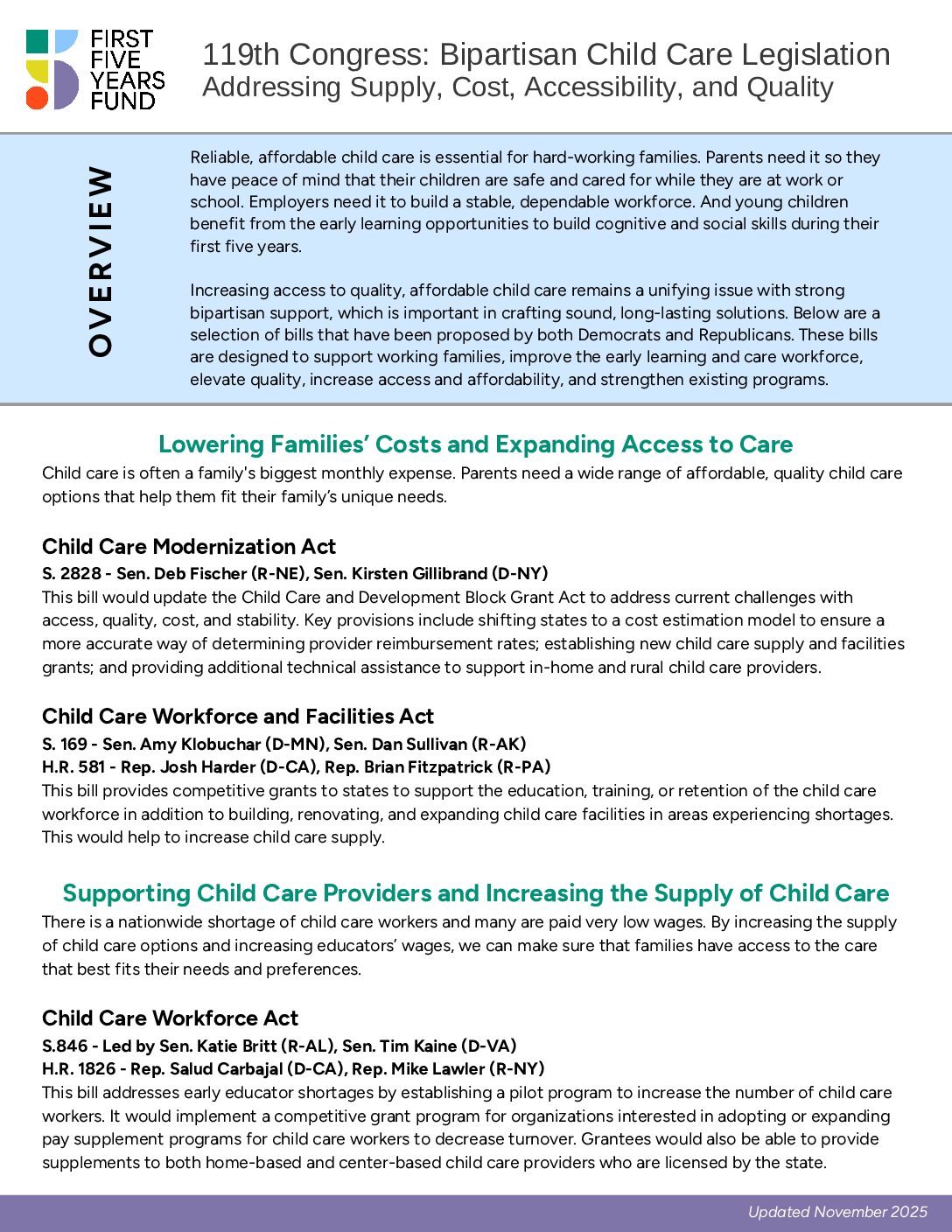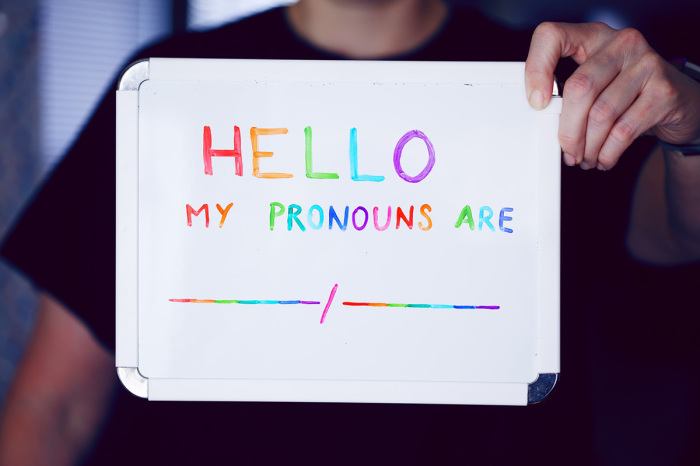#RespectingPersonalBoundaries: Consent, respect, empathy in the school environment – kmop.gr

Event Report: Act4Consent Initiative and its Contribution to Sustainable Development Goals
1.0 Introduction and Alignment with Global Goals
An informational event, titled “#RespectingPersonalBoundaries: Consent, Respect and Empathy in the School Environment,” is scheduled for 17 July 2025. Organized by KMOP – Social Action and Innovation Centre, the event is a component of the European project “Act4Consent.” The initiative is strategically aligned with several United Nations Sustainable Development Goals (SDGs), primarily focusing on creating safe, respectful, and empathetic educational settings. This directly supports the advancement of SDG 4 (Quality Education), SDG 5 (Gender Equality), and SDG 16 (Peace, Justice and Strong Institutions) by fostering healthy and equal relationships among students.
2.0 Core Objectives and SDG Impact
The event aims to disseminate the project’s findings and methodologies, with a clear focus on achieving tangible progress towards key SDGs.
- SDG 4: Quality Education: To enhance the quality of the learning environment by equipping educators and students with the tools to ensure schools are safe and inclusive spaces for all, as per Target 4.7, which promotes education for sustainable development and a culture of peace.
- SDG 5: Gender Equality: To promote a culture of consent, respect, and empathy, thereby addressing the root causes of gender-based discrimination and violence and contributing to Target 5.2 on the elimination of all forms of violence.
- SDG 16: Peace, Justice and Strong Institutions: To build more peaceful and inclusive societies by instilling principles of respect for personal boundaries within educational institutions, fostering a culture of non-violence from an early age.
- SDG 3: Good Health and Well-being: To support the mental health and well-being of students by creating a school climate free from harassment and based on mutual respect.
3.0 Event Agenda and Programme Dissemination
The session will present the core components of the “Act4Consent” project, detailing its educational framework and practical outcomes.
- Presentation of the Act4Consent Educational Programme: A detailed overview of the project’s activities and educational materials developed for teachers, students, and parents. This programme is designed to integrate the principles of consent and empathy into the curriculum, directly supporting SDG 4.
- Dissemination of Good Practices: A report on the successful implementation of the programme in pilot schools. This segment will highlight effective strategies for teaching consent, providing a scalable model for other institutions aiming to advance SDG 5 and SDG 16 within their communities.
4.0 Target Stakeholders for Sustainable Impact
The event is designed to engage key stakeholders whose roles are critical to embedding the principles of the SDGs within the educational system and broader community.
- Primary and secondary school educators
- Counsellors and mental health professionals working with youth
- Staff from lifelong learning organizations and non-profit organizations
- Students of education and social sciences
- Educational content creators and school coordinators
5.0 Logistical Details
The event will be conducted in Greek. Pre-registration is mandatory for all attendees, who will receive a certificate of attendance upon completion.
SDGs Addressed in the Article
SDG 4: Quality Education
- The article focuses on creating a “safer and more respectful” school environment, which is fundamental to quality education. The “Act4Consent” project provides an “educational programme for teachers, students, and parents,” directly contributing to educational goals.
SDG 5: Gender Equality
- The core themes of “consent, respect, and empathy” and fostering “healthy and equal relationships among students” are central to achieving gender equality. Consent education is a key strategy in preventing gender-based violence and promoting equality between individuals.
SDG 16: Peace, Justice and Strong Institutions
- The project’s objective to make schools “safer” directly addresses the goal of reducing violence. By promoting respect and personal boundaries, it contributes to building a culture of peace and non-violence within the school, which is an institution central to a child’s development.
Specific SDG Targets Identified
SDG 4: Quality Education
-
Target 4.7
Ensure that all learners acquire the knowledge and skills needed to promote sustainable development, including, among others, through education for human rights, gender equality, and a culture of peace and non-violence. The article describes an “educational programme” focused on “Consent, Respect and Empathy,” which directly provides students and teachers with the knowledge and skills mentioned in this target.
-
Target 4.a
Build and upgrade education facilities that are child, disability and gender sensitive and provide safe, non-violent, inclusive and effective learning environments for all. The project’s stated aim is to help schools “become safer and more respectful spaces for all students” and to “promote a learning environment that values safety,” which aligns perfectly with this target’s goal of ensuring safe learning environments.
SDG 5: Gender Equality
-
Target 5.2
Eliminate all forms of violence against all women and girls in the public and private spheres. The “Act4Consent” project, by promoting “consent education,” is a preventative measure aimed at eliminating harassment and violence, which often disproportionately affect women and girls, within the public sphere of the school environment.
SDG 16: Peace, Justice and Strong Institutions
-
Target 16.2
End abuse, exploitation, trafficking and all forms of violence against and torture of children. The project is explicitly set within the “school environment” and targets students. Its focus on “respecting personal boundaries” and creating “safer” spaces is a direct effort to prevent violence and abuse against children.
Indicators for Measuring Progress
Implied Indicators
While the article does not state explicit statistical indicators, the activities described imply ways to measure progress:
-
Indicator for Target 4.7:
The existence and implementation of the “educational programme for teachers, students, and parents.” Progress can be measured by the number of schools that pilot the programme and the number of participants who receive the training, as mentioned in the article.
-
Indicator for Target 4.a:
The article mentions presenting “Good practices from schools that piloted the programme.” This implies that the creation of a safer environment is being monitored. An indicator could be the percentage of students who report feeling safe and respected in school, potentially measured through surveys before and after the program’s implementation.
-
Indicator for Targets 5.2 and 16.2:
The mainstreaming of consent education in schools. A direct indicator is the number of primary and secondary schools that have integrated the “Act4Consent” educational programme or similar initiatives into their curriculum or extracurricular activities.
Summary Table of SDGs, Targets, and Indicators
| SDGs | Targets | Indicators |
|---|---|---|
| SDG 4: Quality Education | Target 4.7: Ensure all learners acquire knowledge and skills for sustainable development, including human rights, gender equality, and a culture of peace. | Number of schools, teachers, students, and parents participating in the “Act4Consent” educational programme. |
| SDG 4: Quality Education | Target 4.a: Provide safe, non-violent, inclusive and effective learning environments for all. | Identification and sharing of “good practices from schools that piloted the programme,” indicating a monitored improvement in the school environment’s safety and respectfulness. |
| SDG 5: Gender Equality | Target 5.2: Eliminate all forms of violence against all women and girls in the public and private spheres. | Implementation of “consent education within the school environment” as a preventative tool against violence and harassment. |
| SDG 16: Peace, Justice and Strong Institutions | Target 16.2: End abuse, exploitation, trafficking and all forms of violence against and torture of children. | Adoption of educational activities focused on “Respecting Personal Boundaries” to create safer school spaces and prevent violence against students. |
Source: kmop.gr

What is Your Reaction?
 Like
0
Like
0
 Dislike
0
Dislike
0
 Love
0
Love
0
 Funny
0
Funny
0
 Angry
0
Angry
0
 Sad
0
Sad
0
 Wow
0
Wow
0

